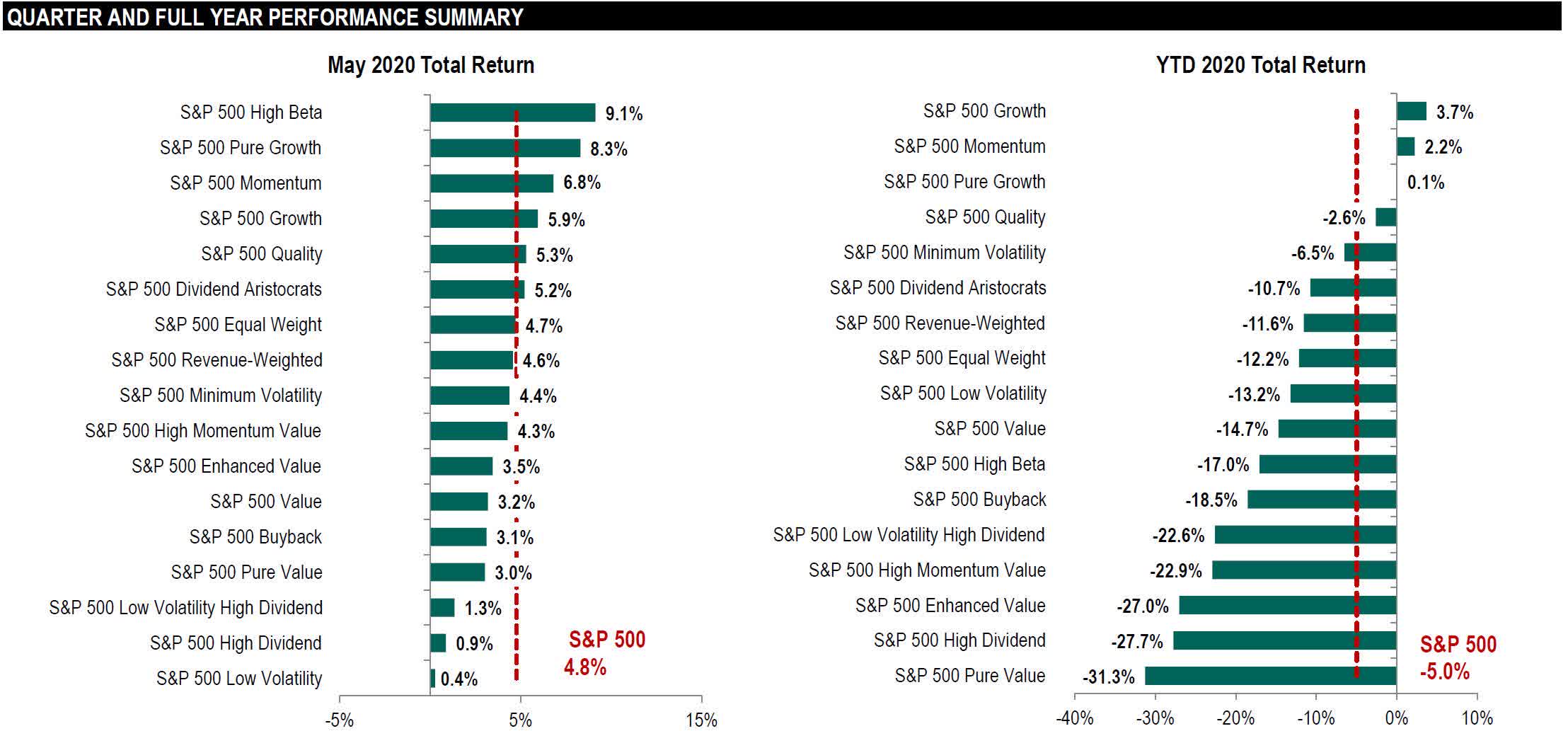

All Information is provided solely for your internal use, and may not be reproduced or redisseminated in any form without express prior written permission from MSCI. The Information is provided “as is” and the user of the Information assumes the entire risk of any use it may make or permit to be made of the Information. None of the Information can be used to determine which securities to buy or sell or when to buy or sell them. None of the information constitutes an offer to buy or sell, or a promotion or recommendation of, any security, financial instrument or product or trading strategy, nor should it be taken as an indication or guarantee of any future performance, analysis, forecast or prediction. MSCI ESG materials have not been submitted, to nor received approval from, the US SEC or any other regulatory body. MSCI ESG is a Registered Investment Adviser under the Investment Advisers Act of 1940.

MSCI ESG Research LLC’s (“MSCI ESG”) Fund Metrics products (the “Information”) provide environmental, social and governance data with respect to underlying securities within more than 23,000 multi-asset class Mutual Funds and ETFs globally. However, it should be noted that there are several other products in the space, namely VBR, VIOV, and VTWV, that offer more diversification at a cheaper price, potentially making them better choices for long-term investors.Ĭopyright MSCI ESG Research LLC. Thanks to this high level of diversification and IJS’s reasonable expense ratio, the fund could make for a quality addition to portfolios of investors who are looking for small cap exposure but are seeking lower risk assets in the space. However, IJS does a solid job of dividing up assets as the fund holds close to 440 securities in total and doesn’t give any one security more than 1.0% of the total assets. This particular ETF, since it focuses on value securities, has certain biases in its portfolio holdings and may not offer as much of a cross section as funds such as IWM. Despite their volatility, these products should probably be in every investors’ portfolio as they tend to move somewhat independently of large caps and can be a better ‘pure play’ on the American economy. However, these securities are extremely volatile and can experience large losses or gains in a very short period of time. The investment thesis behind small caps is that these firms are likely to provide strong growth prospects to a portfolio and should have a much easier time growing then their large cap counterparts. IJS seeks to replicate a benchmark which offers exposure small cap firms that exhibit value characteristics in the U.S.


 0 kommentar(er)
0 kommentar(er)
